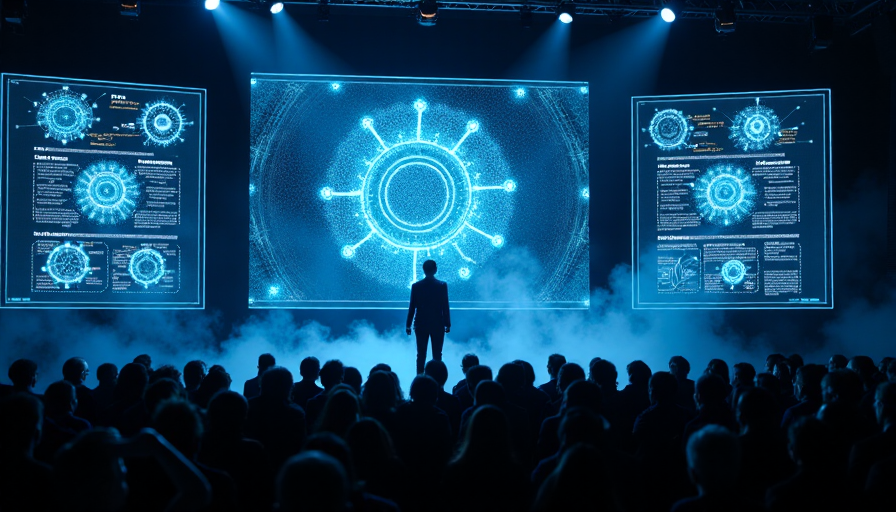
Introduction: A Future Defined by Collaboration
In a refreshing take on the future of artificial intelligence, Meta’s chief AI scientist, Yann LeCun, has voiced a confident outlook: AI will serve as a powerful tool under human supervision, not as an uncontrollable force replacing people.
Superintelligence: Myths vs. Reality
At Nvidia's GTC conference, LeCun addressed the growing discourse on superintelligent systems—advanced AI models that surpass human cognitive abilities. He responded to Nvidia's chief scientist Bill Dally’s remark that AI acts as effective "power tools" for humans by suggesting that any shift toward AI replacing humans would not be welcomed by society. LeCun humorously and insightfully remarked:
"We're going to have a staff of superintelligent, beautiful people working for us. I don't know about you, but I like working with people who are smarter than me."
His statement underscores the idea that human oversight will remain central to managing even the most advanced AI systems.
Key Points of LeCun's Vision
- Human-Centric Control: LeCun believes that humans will continue to guide AI development, ensuring that advancements serve to enhance human capabilities rather than replace them.
- Refuting Dystopian Fears: The notion of a catastrophic AI takeover is, in his view, a "sci-fi trope". He argues that as superintelligent systems evolve, so too will our methods to safely integrate them into our lives, mitigating risks through more responsible AI design.
- Better AI as the Antidote: When discussing potential dangers of unreliable or misused AI, LeCun emphasized the necessity of "better AI" that incorporates common sense, reasoning abilities, and self-assessment of its outputs.
A Glimpse into a Collaborative Future
The narrative LeCun sets is not one where humanity is overshadowed by technology, but rather one where the partnership between humans and AI ushers in a new era of innovation. This symbiotic relationship is portrayed as a win-win scenario where superintelligent systems empower humans, much like a team of highly skilled professionals working in tandem with their leader.
Concluding Thoughts: Navigating the Path Ahead
While voices within the tech industry—such as OpenAI’s Sam Altman and xAI’s Elon Musk—often highlight the transformative potential and inherent risks of superintelligence, LeCun’s perspective injects a note of reassurance. He envisions a future where AI systems, despite their cognitive leap, remain under the guidance of human intelligence and ethical oversight. This approach ensures that technological progress benefits society without relinquishing human control.
In sum, LeCun’s outlook champions an era of AI integration that prioritizes human leadership and continuous improvement, steering clear of the apocalyptic narratives popularized in science fiction.
Final Reflection
As the conversation around AI and its capabilities continues to evolve, the emphasis on collaborative progress and human oversight could set the stage for a safer, more innovative future. The real challenge lies in building systems that not only surpass human efficiency but also earn our trust as indispensable partners in progress.
Note: This publication was rewritten using AI. The content was based on the original source linked above.